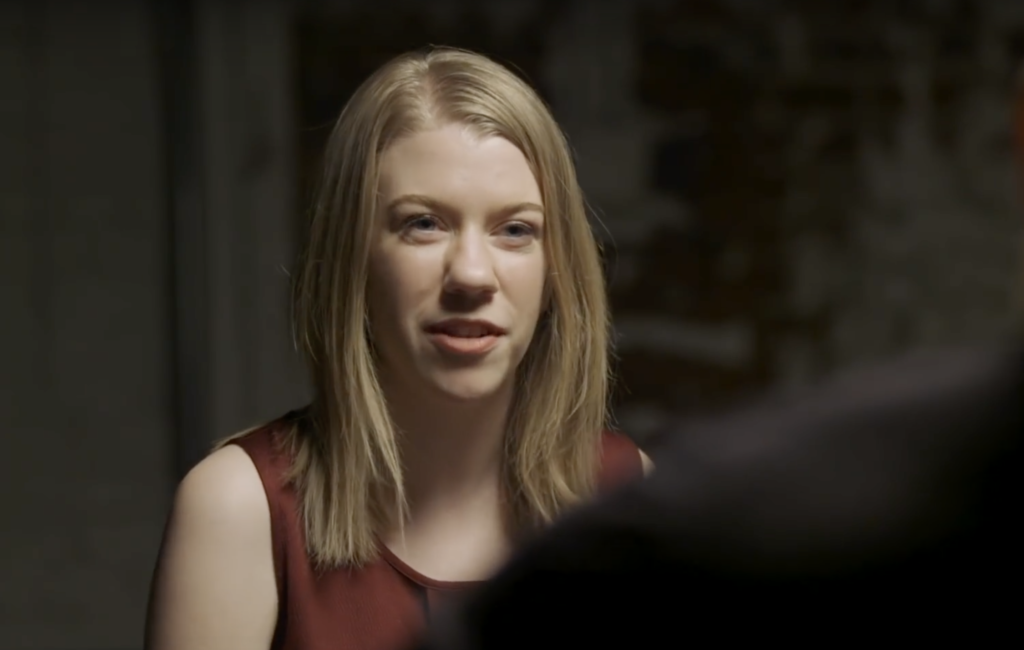It sounds like the beginning of a bad joke, but it’s not. Six people — three pro-porn advocates and three opposed to porn — recently walked into an empty warehouse to answer this question: Should you watch porn?
As far as I could tell, only one of the six panelists, Nicole, was a Christian. The 21-year-old aspiring lawyer explained she is opposed to pornography consumption because of her first-hand experience with the “devastating effects porn can have in personal relationships.”
The discussion, the latest installment of Jubilee’s “Middle Ground” series, was published on YouTube last week:
Most of the discussion was fairly non-spiritual and certainly not very Christian. The other two anti-porn panelists held their positions for purely pragmatic reasons, largely because of the physical health ramifications compulsive pornography consumption can have on an individual in and out of relationships.
While I agree with all three anti-porn panelists’ claim that pornography is bad, only Nicole seems to fully understand why pornography is bad.
Because we’re all made in God’s image, every human being has a mechanism to innately know right from wrong. The other two anti-porn panelists see the moral issues with pornography, but for them, understanding exactly why it’s wrong seems less clear.
Nicole also made a good point about the shame that so often weighs down those in the church who have, in the past or in the present, struggled with a compulsion to view pornography.
Answering whether she thinks the “stigma” surrounding pornography is “too negative,” she said:
I believe the stigma should be negative. I think pornography is sinful. The reason I did come over and said it’s too negative is because, especially in the church, there’s the stigma of shame that comes after asking for forgiveness. I just think there should be an easier way to move on and grow out of that experience.
Earlier in the nearly 15-minute video, Nicole admitted she has never seen pornography, explaining it’s something she’s actively avoided because she’s only seen it “cause destruction in the relationships that I’ve been close to.”
“I don’t think [pornography] is the cause. I think it’s a symptom of the cause,” she said. “It certainly pushed forward into issues of deceit, of mistrust and broken relationships that certainly weren’t helped by an exposure to pornography.”
For anyone who is dealing with a compulsion to consume pornography or any sexual sin, Faithwire recently launched a seven-week e-course called Set Free, which is available here. The study equips users with the spiritual and practical tools they need to overcome the sexual sin that has weighed them down.
As for Nicole, at the end of the debate, she said, “I think we basically all agree that, at the end of the day, we recognize sex as something that should be beautiful, that should be a form of expression. Just who you’re expressing it to and when you express it, we all kind of disagree on.”



